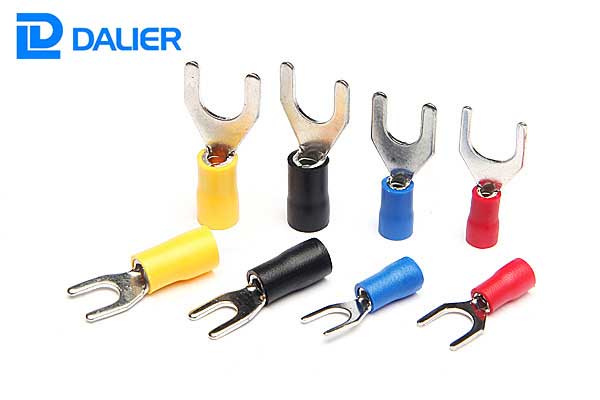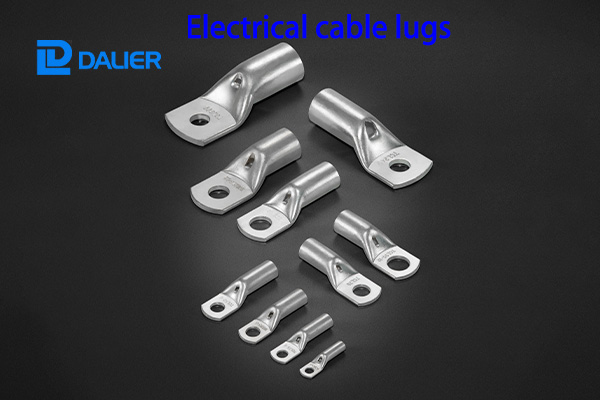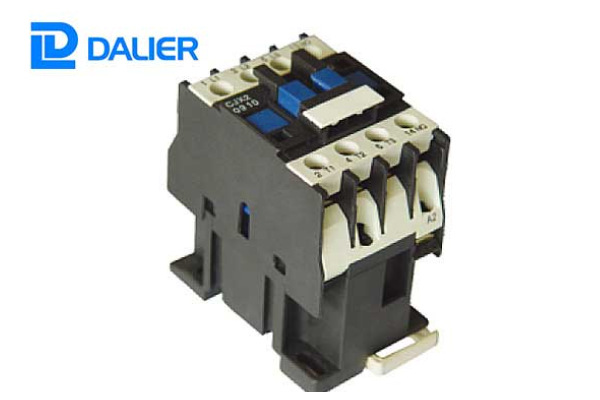When to Use Insulated Terminals?
Insulated terminals are critical for safe, reliable electrical connections, but their strategic use depends on specific conditions. Knowing when to deploy them ensures optimal performance and prevents hazards. Here’s a breakdown of key scenarios.
1. In Harsh Environments
Unprotected connections fail quickly in challenging conditions—insulated terminals are non-negotiable here.Vinyl-insulated terminals inherent water resistance blocks moisture, preventing rust and short circuits better than many other insulation materials.
•Moist settings: Bathrooms, outdoor enclosures, or industrial areas with water exposure need insulated terminals to block moisture, preventing rust and short circuits.Vinyl-insulated terminals inherent water resistance blocks moisture, preventing rust and short circuits better than many other insulation materials.
•High-heat zones: Near engines or boilers, heat-resistant insulated terminals maintain integrity. Their insulation resists melting, ensuring stable connections.
•Corrosive areas: Factories with chemicals or coastal regions with salt air rely on insulated terminals to shield against corrosive elements that damage bare metal.

2. For Specific Connection Needs
Certain electrical joins demand the precision of insulated terminals to avoid mishaps.
•Multi-wire setups: Joining 2+ wires? Insulated terminals (ring or fork types) organize strands, preventing cross-contact and short circuits.
•Frequent disconnections: Test equipment or temporary setups benefit from insulated terminals—their secure clamps allow easy, repeated use without damaging wires.
•Low-voltage electronics: Circuit boards and sensitive devices use insulated terminals to stop signal interference via unintended current leaks.
3. Across Key Industries
Several sectors mandate insulated terminals to meet safety and operational standards.
•Automotive: Car wiring harnesses use them to withstand engine heat, vibration, and fluids, ensuring reliable lights, sensors, and ignition systems.
•Renewable energy: Solar/wind setups, exposed to the elements, depend on insulated terminals for weather-resistant power transfer.
•Medical devices: Precision equipment (e.g., monitors) uses them to avoid electrical interference, critical for accurate readings.
conclusion
Insulated terminals are essential in harsh environments, for specific connections, and across industries like automotive and renewable energy. They safeguard connections, boosting safety and efficiency. Need insulated terminals for your project? Contact DALIER to find the right fit.




